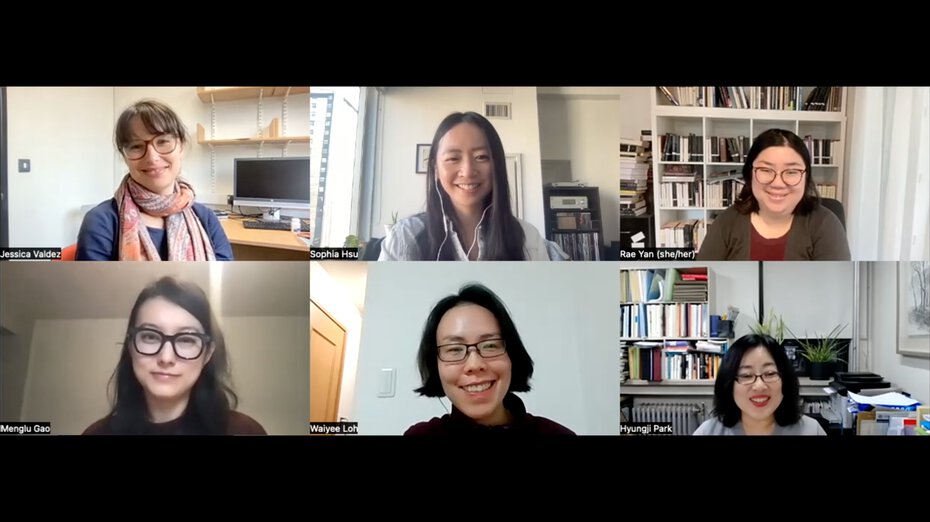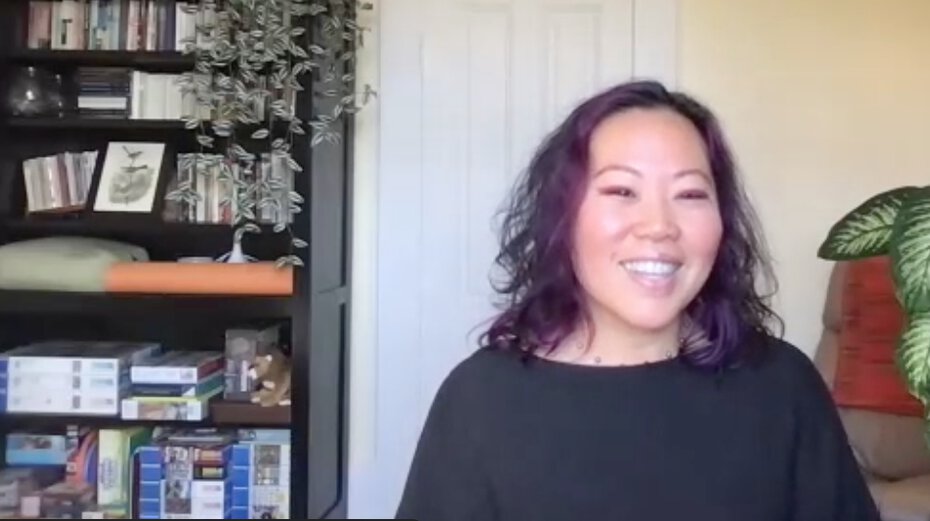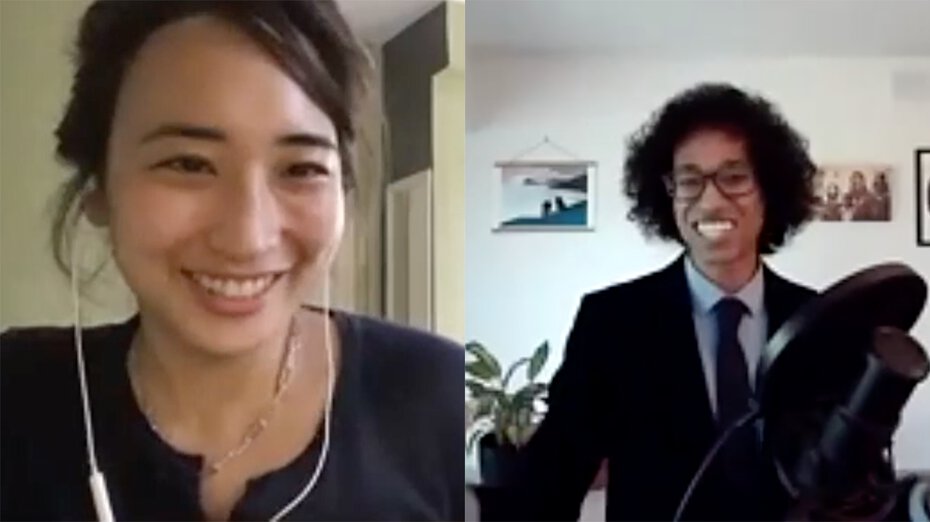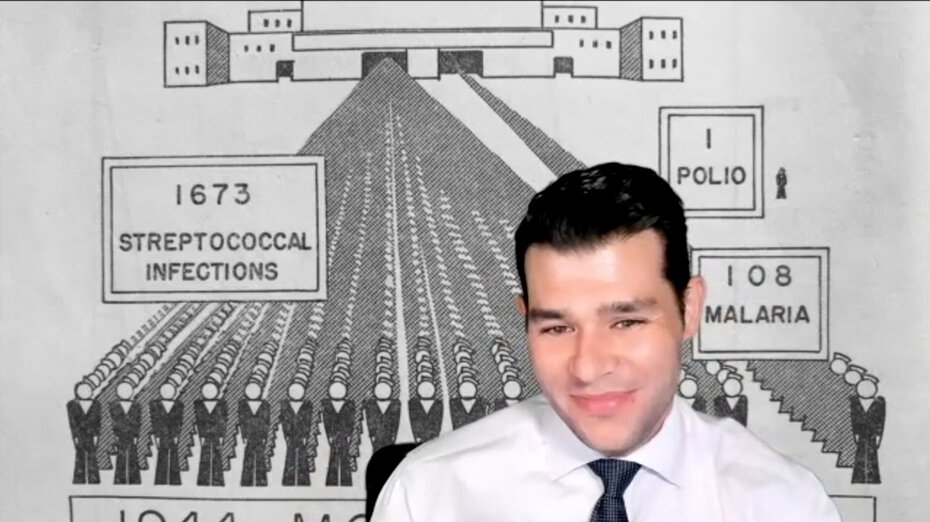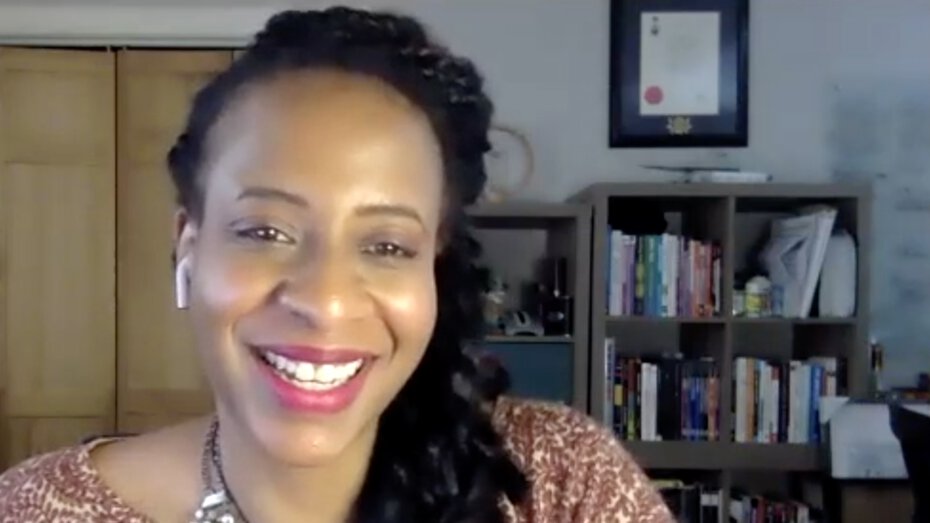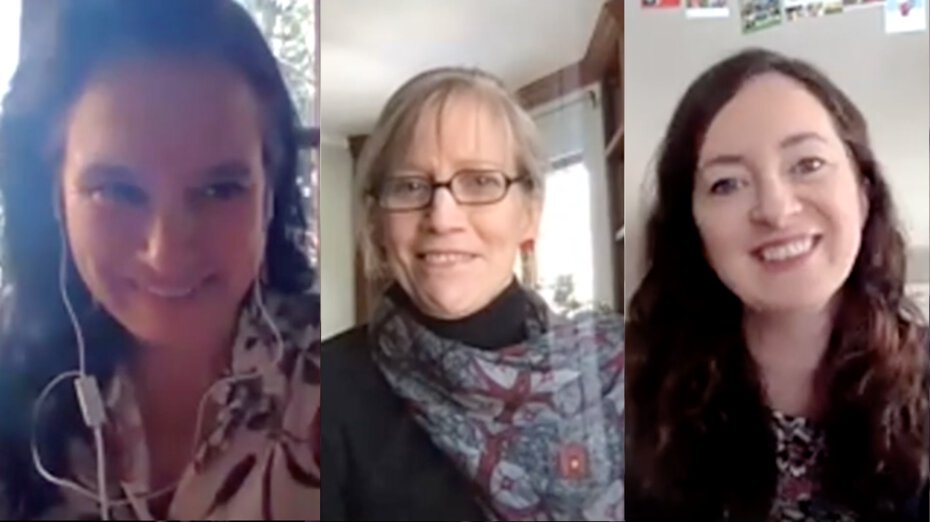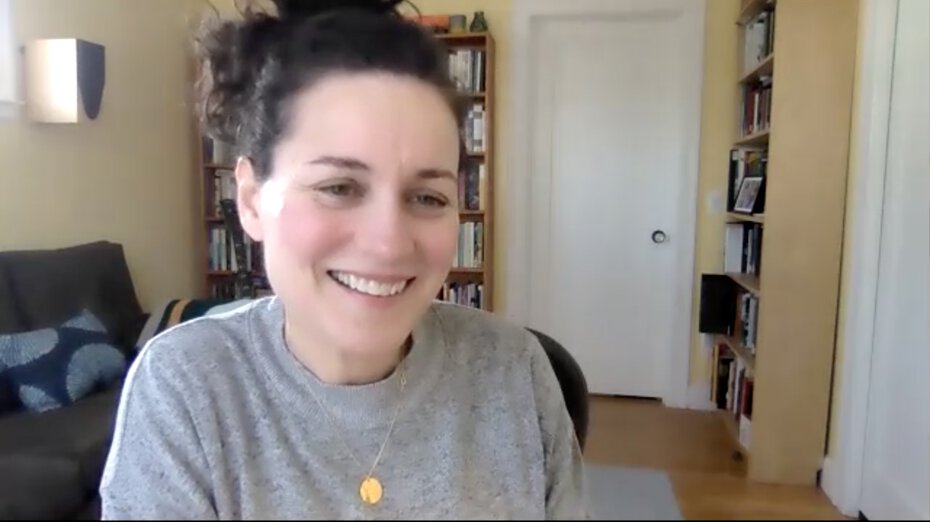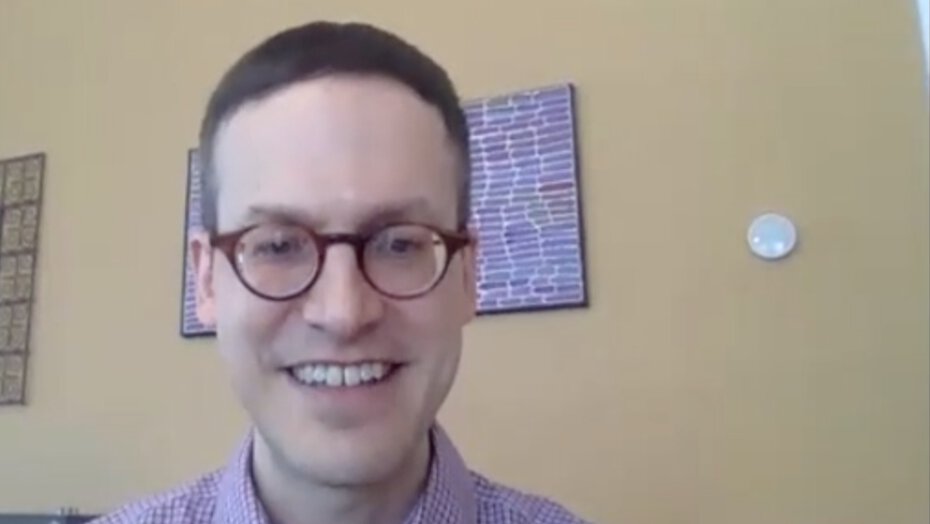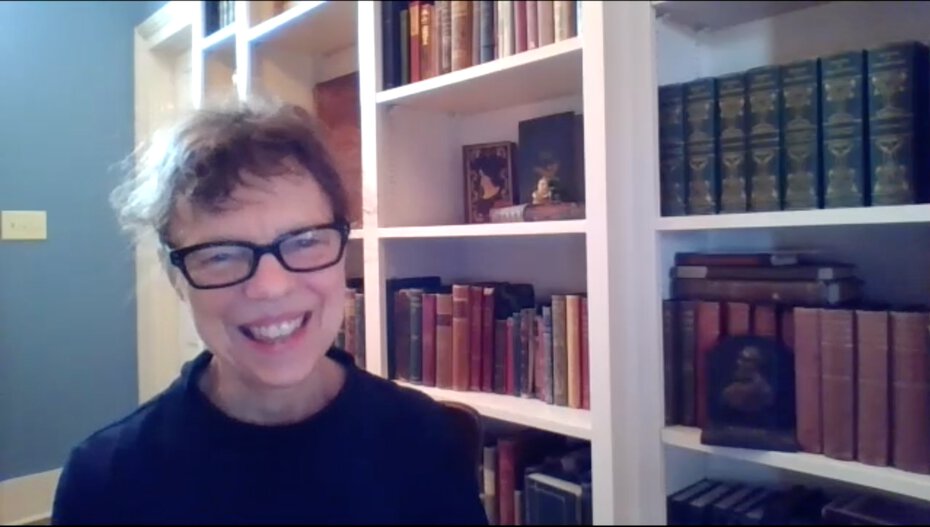Zoomcasts
Overview
These Zoomcasts serve as a mechanism for us to stage conversations around specific themes, think together about our classroom practices, and reflect on our processes of learning (and un-learning) as teachers. In conversation with guest speakers, we explore how we can grow together as a community of scholars and learn from one another – especially in moving beyond the boundaries of our field and training. Please also visit our YouTube channel.
Collaboration
Sophia Hsu interviews Menglu Gao, Waiyee Loh, Hyungji Park, Jessica Valdez, and Rae Yan to discuss their lesson plans on transimperial networks and East Asia.
Positionality
Tricia Lootens interviews Pearl Chaozon Bauer to discuss the latter's recent departure from higher ed. and the need to reenvision Victorian studies classrooms.
Beyond the Literary
Ryan D. Fong talks with Haejoo Kim and Anoff Nick Cobblah about race and teaching Victorian writings on science, medicine and technology.
Positionality
Ryan D. Fong talks with Lorenzo Servitje about the latter's entry into Victorian studies and becoming an interdisciplinary scholar of science, medicine, and literature.
Collaboration
Kira Braham, Indu Ohri, Bre Simpson, and Adrian S. Wisnicki discuss the collaboration through which they developed lesson plans on Mary Seacole.
Positionality
Alisha Walters and Pearl Chaozon Bauer discuss the necessity of re-training as Victorianists so as to support student needs and the field’s survival.
Beyond the Literary
Michelle Prain Brice, Jennifer Hayward, and Jessie Reeder speak with Ryan D. Fong about how print culture forms a crucial archive for understanding Chile as part of Britain’s “informal empire.”
Positionality
Zarena Aslami speaks with Pearl Chaozon Bauer about the importance of collaborating on research projects and supporting students, colleagues and each other.
Beyond the Literary
Jason Rudy and Ryan D. Fong discuss the importance of visual art in the aesthetic traditions of many Aboriginal communities across Australia.
Positionality
Tricia Lootens and Pearl Chaozon Bauer discuss the former's academic journey, how students inform changing pedagogies, and the precarity of higher ed.
